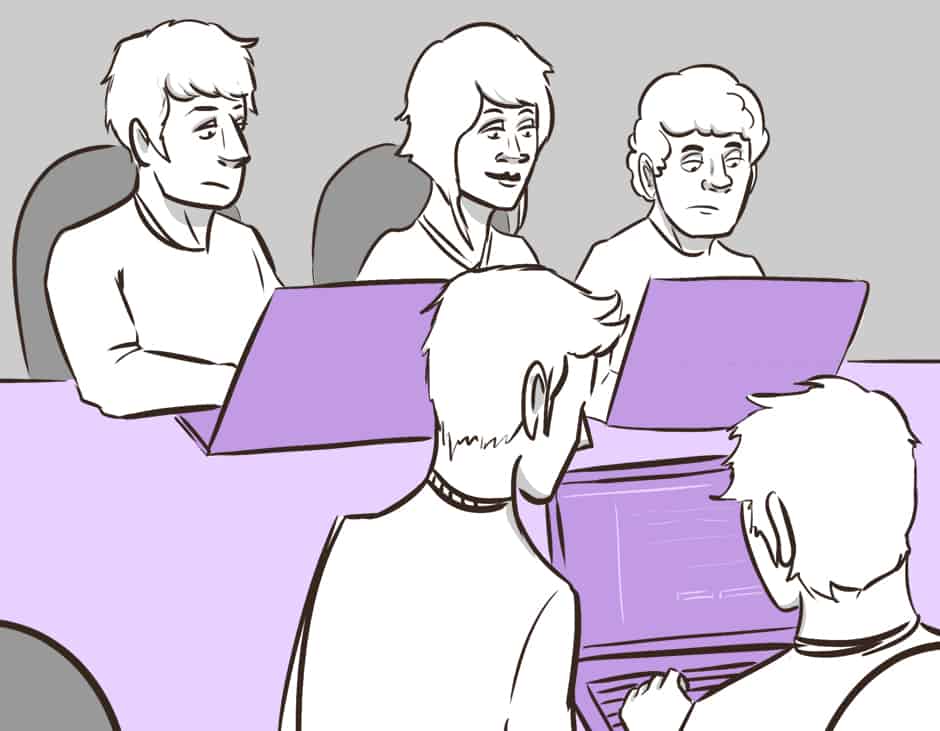The “college triangle” aptly depicts the struggle of many post-secondary students in Canada. The sides of the triangle represent sleep, academics, and social life, respectively, and students are told they may only choose two out of the three options. Post-secondary students are subjected to high levels of stress as they struggle to find that balance, often sacrificing their health and wellness in the process.
Initiated by the Centre for Addiction and Mental Health (CAMH) and the University of Toronto, Thought Spot is an initiative that aims to improve the mental health and well-being of post-secondary students by organizing mental health resources into a live map available online.
Thought Spot is created for students by students. It functions as a niche for promoting mental health by enabling students to exchange ideas and contribute to the content of the map through a crowdsourcing model. Each Thought Spot is a service or site that falls under one or more of the following categories: family and friends, legal and financial, spirituality and well being, health and social services, work and school, recreation and culture, and sex and relationships.
By taking on a holistic approach to mental health, Thought Spot strives to encompass the various factors that collectively contribute to a healthy, balanced lifestyle.
Debi Banerjee, a second-year medical student at U of T who is a content team member at the project, explained that its main targets are post-secondary students. She emphasized the vulnerability of post-secondary students who are subjected to high stress as they transition from high school to university and potentially move away from home.
“Physicians and health care providers often see patients too late into the trajectory of their mental health illness,” said Banerjee as she described her medical placement in an in-patient adult psychiatry unit. “There’s a pressing public health demand and pressing system demand for this kind of illness.” She believes that the issue can be more readily addressed if individuals are cognizant of mental illness at an earlier age. Consequently, the goal of Thought Spot is to create awareness for mental health as well as function as a comprehensive resource to guide post-secondary students to the help they require.
Mental health is a continuum. According to Phoebe Bao, a third-year medical student at U of T and another content team member at Thought Spot, everyone is susceptible to different degrees of mental illness. Bao further explained the idea of a spectrum of serious mental disorders to healthy individuals in the student community, to a large portion of students who fall in the middle, neither completely healthy, nor seriously ill.
Thought Spot targets this majority and assists in changing the trajectory of their university life and beyond.
Currently, Thought Spot is web-based and available to students in the Greater Toronto Area. On November 7–9, a hackathon for mental health will be held at the Ryerson Digital Media Zone called Hackathought to launch the Thought Spot initiative. The hackathon is open to the public and challenges hackers to build mobile solutions to increase the accessibility of Thought Spot.


